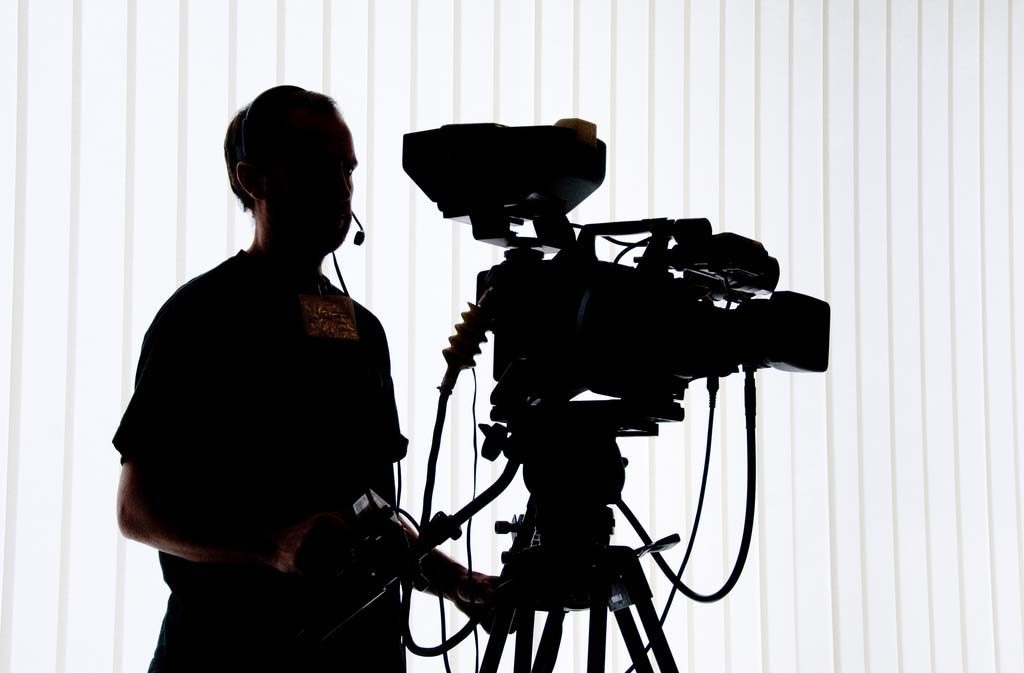
Nearly two dozen people in Egypt are facing trial on charges related to deliberately damaging state interests, the nation’s prosecutor’s office announced on Wednesday.
According to the New York Times, the journalists have been accused of manipulating video footage “to produce unreal scenes to suggest abroad that what is happening in the country is a civil war that raises alarms about the state’s collapse.”
It continues:
The statement said the defendants had broadcast the images over Al Jazeera “to assist the terrorist group” — the (Muslim) Brotherhood — “in achieving its purpose of influencing international public opinion.”
Last month, Egypt’s new military leadership classified the Muslim Brotherhood as a “terrorist group.” Former President Mohamed Mursi had been backed by the MB before he was ousted last summer.
Though all 20 journalists were said to be affiliated with the Doha-based Al Jazeera Media Network, Egypt’s prosecutors did not identify those charged by name, saying only that eight were in detention and 12 were “fugitives.” It is not clear if all of them actually worked for the channel.
In a statement, Al Jazeera said:
“The network currently has no journalists reporting in the country. Five remain in detention: Al Jazeera English’s Baher Mohammed, Mohammed Fahmy and Peter Greste; Al Jazeera Mubasher Misr’s Mohammed Badr; and Al Jazeera Arabic’s Abdulla Shami.”
It added:
“The world knows these allegations against our journalists are absurd, baseless and false. This is a challenge to free speech, to the right of journalists to report on all aspects of events, and to the right of people to know what is going on.
An Al Jazeera spokesman declined to comment further on the matter to Doha News, citing the sensitivity of the case.
Politics of free speech
Because the channel derives much of its funding from Qatar’s government, which heavily supported Mursi’s leadership, it has been accused of biased reporting in the Egypt conflict.
Cairo itself has treated journalists from Al Jazeera roughly in the past year, raiding offices, detaining and deporting journalists and even apparently jamming the broadcaster’s satellite frequencies.
News of Wednesday’s charges have sparked an outcry from reporters across the world, including the Committee to Project Journalists. In a statement, CPJ’s Sherif Mansour, Middle East and North Africa Coordinator, said:
“This attempt to criminalize legitimate journalistic work is what distorts Egypt’s image abroad. The government’s lack of tolerance shows that it is unable to handle criticism. We call on authorities to drop these outrageous charges and release all journalists from jail immediately.”
And in a second letter smuggled out of Tora prison in Egypt this week, AJE journalist Peter Greste writes:
“We were not alone in our reporting, but our arrest has served as a chilling warning to others of where the middle is here…
Let me be clear: I have no desire to weaken Egypt nor in any way see it struggle. Nor do I have any interest in supporting any group, the Muslim Brotherhood or otherwise. But then our arrest doesn’t seem to be about our work at all. It seems to be about staking out what the government here considers to be normal and acceptable. Anyone who applauds the state is seen as safe and deserving of liberty. Anything else is a threat that needs to be crushed.”
Thoughts?







